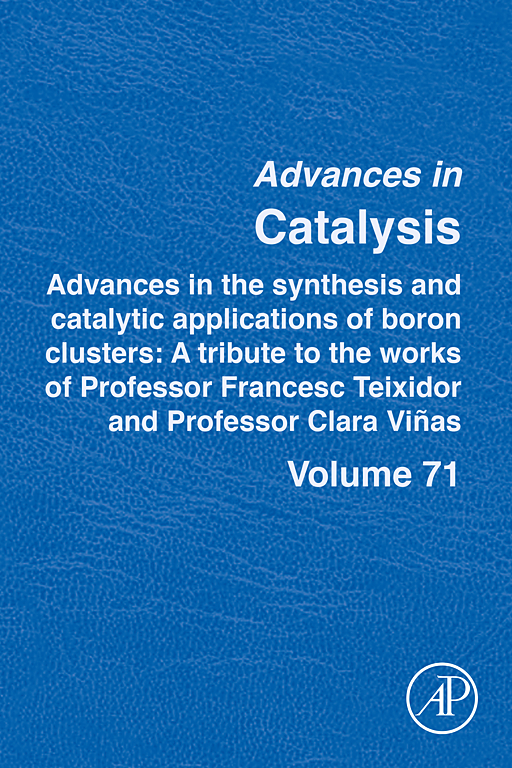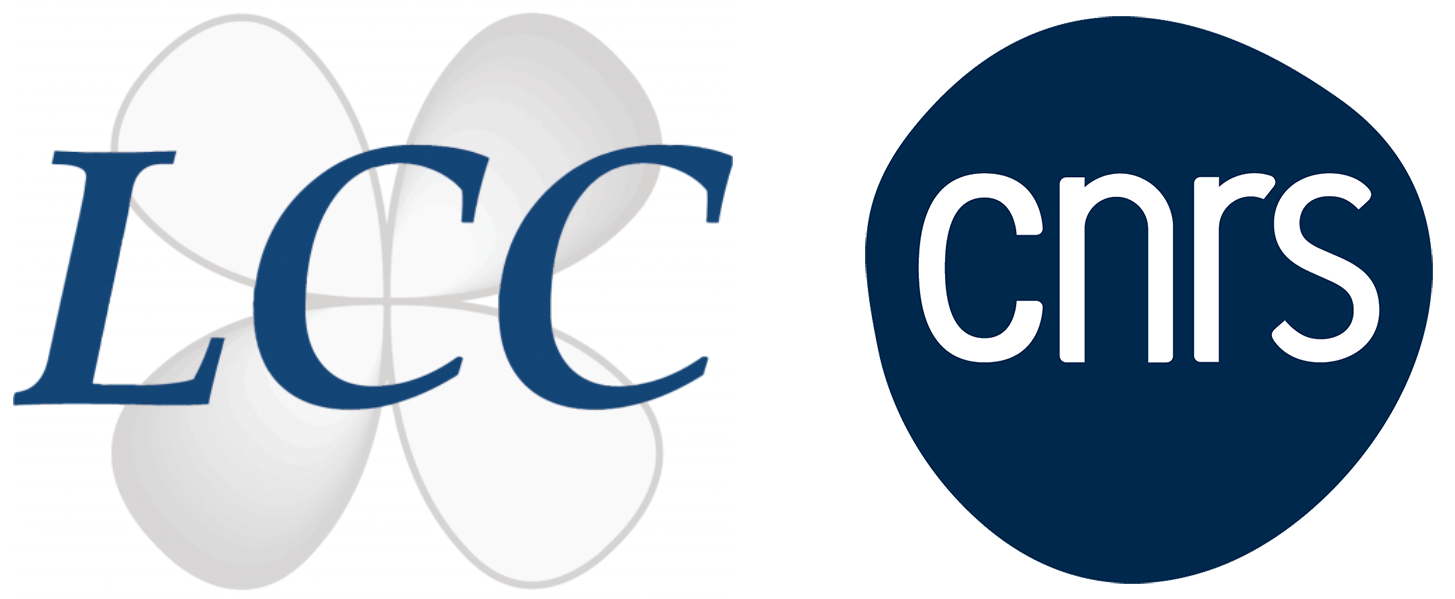LCC
Design of ruthenium nanoparticles for better performance in catalysis
Nuria Romero, Rosa Axet, Karine Philippot
Lien vers l’article (jusqu’au 09/12/23)
ABSTRACT
This chapter focus on recent advances in the design of ruthenium-based nanoparticles using organometallic complexes as the metal source, for their application in catalysis. The aim is to illustrate the advantages of the organometallic approach to achieve nanoparticles with controlled characteristics. The adjustment of the morphology (size, shape, crystalline structure) and of the surface state of metal nanoparticles, are key parameters for the tuning of their catalytic properties. Study and rationalize the effects of these parameters provides interesting perspectives to improve the performance of nanocatalysts. At the laboratory scale, the accurate design of metal nanoparticles is feasible by an adequate choice of the reaction conditions including the nature of the metal precursor (organometallic complex with appropriate kinetics of decomposition), the nature of the stabilizer (polymers, dendrimers, ligands, ionic liquids, etc.), the addition of a second metal for a synergy effect or the use of a support that will bring other properties (stability, conductivity, electronic effects by phosphorus- or nitrogen doping, confinement effect). The challenge is to find the best compromise to achieve robust metal nanoparticles with high catalytic performance, both in terms of activity and selectivity. This will be illustrated through recent examples of ruthenium nanoparticles implemented in catalytic reactions that can find applications in fine chemistry and energy. The complementarity between computational and experimental chemistries, when available, will be underlined, being a powerful way to precisely understand the catalytic properties of nanoparticles and then, improve performance.
Contacts :
Rosa Axet Rosa.Axet(at)lcc-toulouse.fr et Karine Philippot Karine.Philippot(at)lcc-toulouse.fr

LCC
Laboratoire de chimie de coordination du CNRS
205 route de Narbonne, BP 44099
31077 Toulouse cedex 4
France




